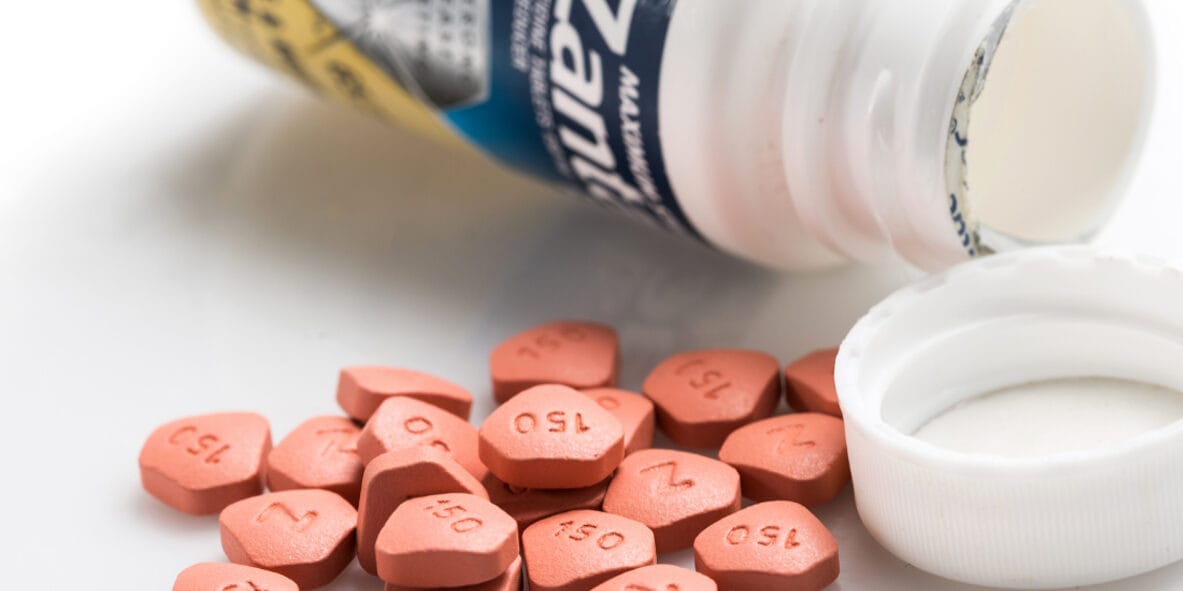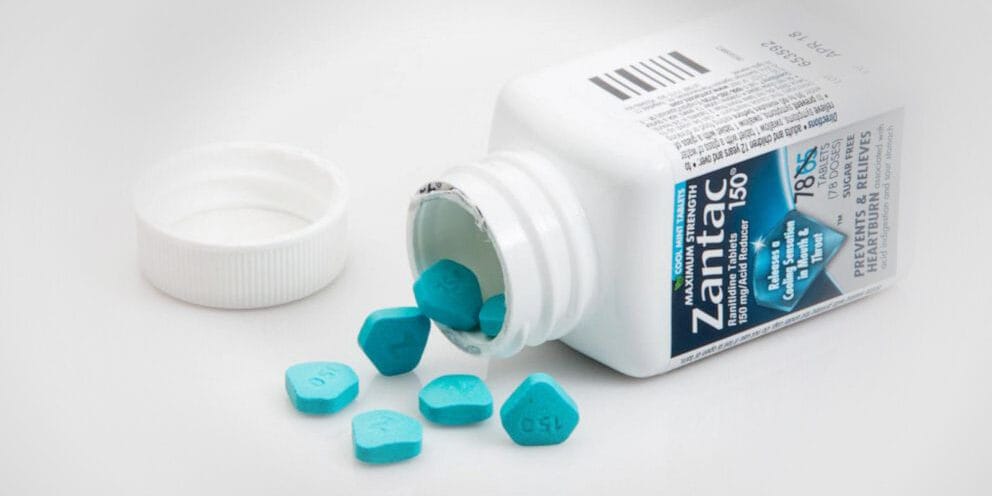Did you or a loved one take Zantac regularly to treat heartburn? You may be eligible to file a claim.
The Birmingham personal injury attorneys at DeGaris Law are representing users who have developed certain types of cancer. You may be able to take legal action against the pharmaceutical manufacturing company. With thousands of people now stricken with cancer after taking Zantac, many are turning to the courts to file a lawsuit and hold Sanofi and Boehringer Ingelheim accountable for their actions.
The U.S. Food and Drug Administration (FDA) investigations discovered a cancer risk for the Zantac 150 tablets that contains a carcinogenic chemical up to 3,000 times greater than the FDA’s daily intake limit. The carcinogenic chemical present is known as N-nitrosodimethylamine (“NDMA”).

Many studies have demonstrated the relationship between the drug and cancer. Mounting evidence indicates that Sanofi and Boehringer Ingelheim (the maker (ranitidine hydrochloride), may have known there was a cancer connection. The public who took the drug for heartburn, gastric and duodenal ulcers, gastroesophageal reflux disease (GERD), sour stomach, Barrett’s esophagus, acid reflux, and other issues may now be at risk.
If you or a loved one were diagnosed with Cancer after taking Zantac, call the DeGaris Law Firm for a free and confidential consultation. These are the types of associated cancers:

Our law firm is here to fight for justice and the compensation you may deserve. These large and powerful pharmaceutical companies can be challenging. We have a track record of winning cases against these large companies and corporations, and we are here to help.
Zantac(ranitidine hydrochloride) is a very popular antacid medication that has been on the market since the early 1980s and was available over the counter and by prescription. The most common uses are the following:
Dosage varies between 75 and 150 mg tablets, though some patients take a once-daily 300 mg dosage. Below are some of the most common brands and generic ranitidine brand names:
The World Health Organization (WHO) classifies the chemical N-nitrosodimethylamine (NDMA) as a cancer-causing carcinogen. Its generic active ingredient, ranitidine hcl, metabolizes into NDMA.
According to the EPA, N-nitrosamines are “a family of potent carcinogens.” NDMA is a semi-volatile organic chemical that belongs to a family of chemicals known as N-nitrosamines.
The FDA established a 96 ng (nanograms) per day intake limit for NDMA. However, recent testing using FDA-approved methods found more than 2,500,000 ng of NDMA in the 150 mg tablet which is a common dosage that people take every day.
In response to the September 2019 FDA announcement, the following retailers pulled Zantac from their shelves:
They cited that the reason for the product pull was the link between NDMA and cancer. In statements, both pharmacy companies noted that consumers who purchased the drugs could get refunds.
In October 2019, Sanofi and Boehringer Ingelheim announced a recall of their own in the United States and Canada, and the U.K. unit of Teva Pharmaceuticals, the largest generic drug maker in the world, recalled batches of ranitidine.
During the development process of rocket fuel, the NDMA molecule was discovered. The chemical is created with the combination of DMA and Nitrogen (N) that forms a highly carcinogenic compound.
When Zantac interacts with stomach acid and heat in that environment, the molecule transforms into NDMA. this is the reason that people who take Zantac are showing more than 400 times the legally allowable limit of NDMA in their urine. Basically, NDMA is created during the process of digesting Zantac, which is why the Zantac cancer risk had not been discovered until recently.
If you think that you have been victimized, you may be entitled to fair compensation. Contact DeGaris Law today for a free consultation regarding your legal rights.
"*" indicates required fields